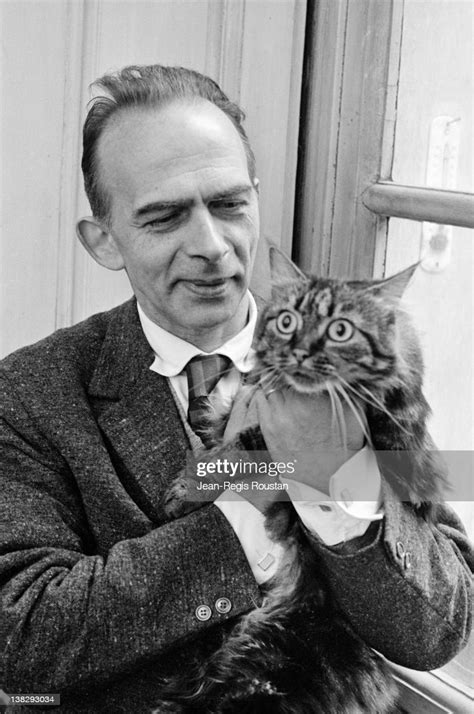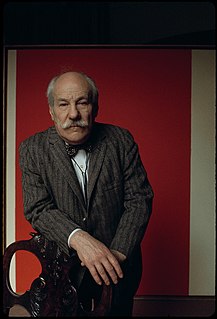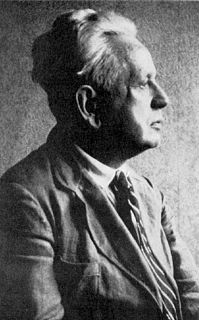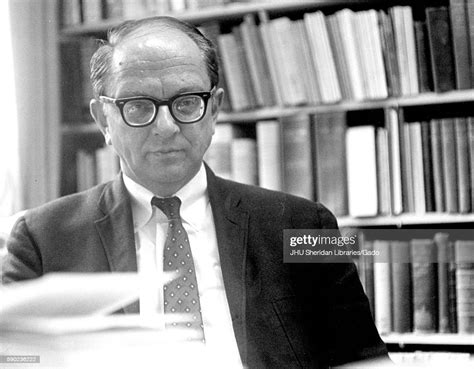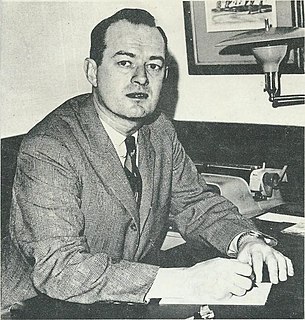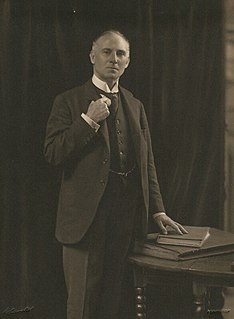A Quote by Samuel Adams
He who is void of virtuous attachments in private life is, or very soon will be, void of all regard for his country. There is seldom an instance of a man guilty of betraying his country, who had not before lost the feeling of moral obligations in his private connections.
Related Quotes
There are many more languages than we think: and man betrays himself more often than he desires. How things speak! - but there are very few listeners, so that man can only, as it were, chatter on in the void when he pours out his confessions: he squanders his ‘truths’, as the sun does its light. - Isn’t it rather a pity that the void has no ears?
Patriotism, or the peculiar relation of an individual to his country, is like the family instinct. In the child it is a blind devotion; in the man in intelligent love. The patriot perceives the claim made upon his country by the circumstances and time of her growth and power, and how God is to be served by using those opportunities of helping mankind. Therefore his country's honor is dear to him as his own, and he would as soon lie and steal himself as assist or excuse his country in a crime.
Man is always inclined to regard the small circle in which he lives as the center of the world and to make his particular, private life the standard of the universe and to make his particular, private life the standard of the universe. But he must give up this vain pretense, this petty provincial way of thinking and judging.
Man cannot be exempted from his divinely-imposed obligations toward civil society, and the representatives of authority have the right to coerce him when he refuses without reason to do his duty. Society, on the other hand, cannot defraud man of his God-granted right... Nor can society systematically void these rights by making their use impossible.




